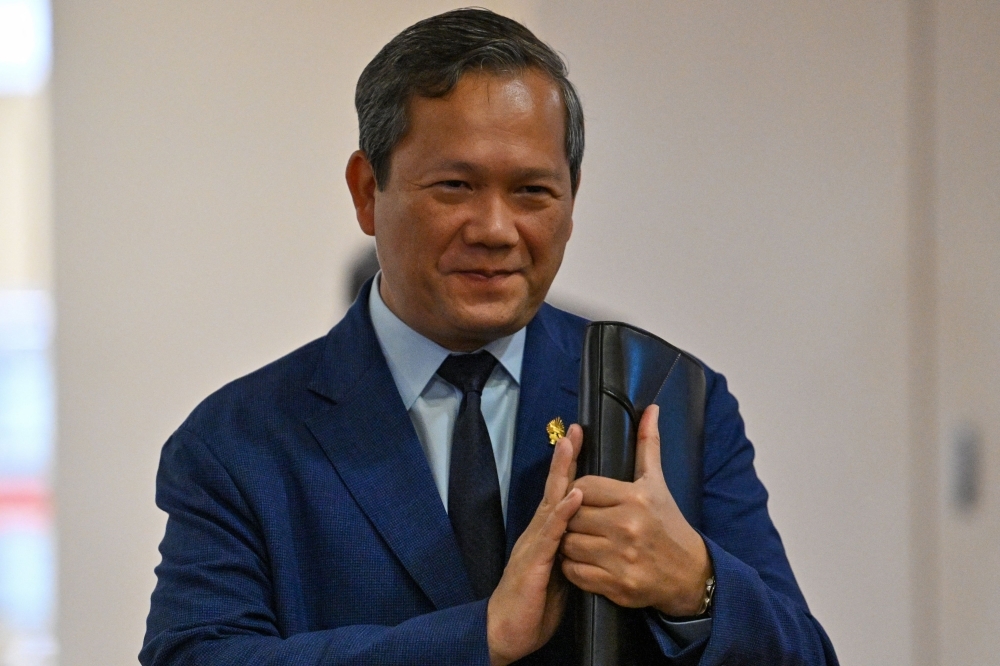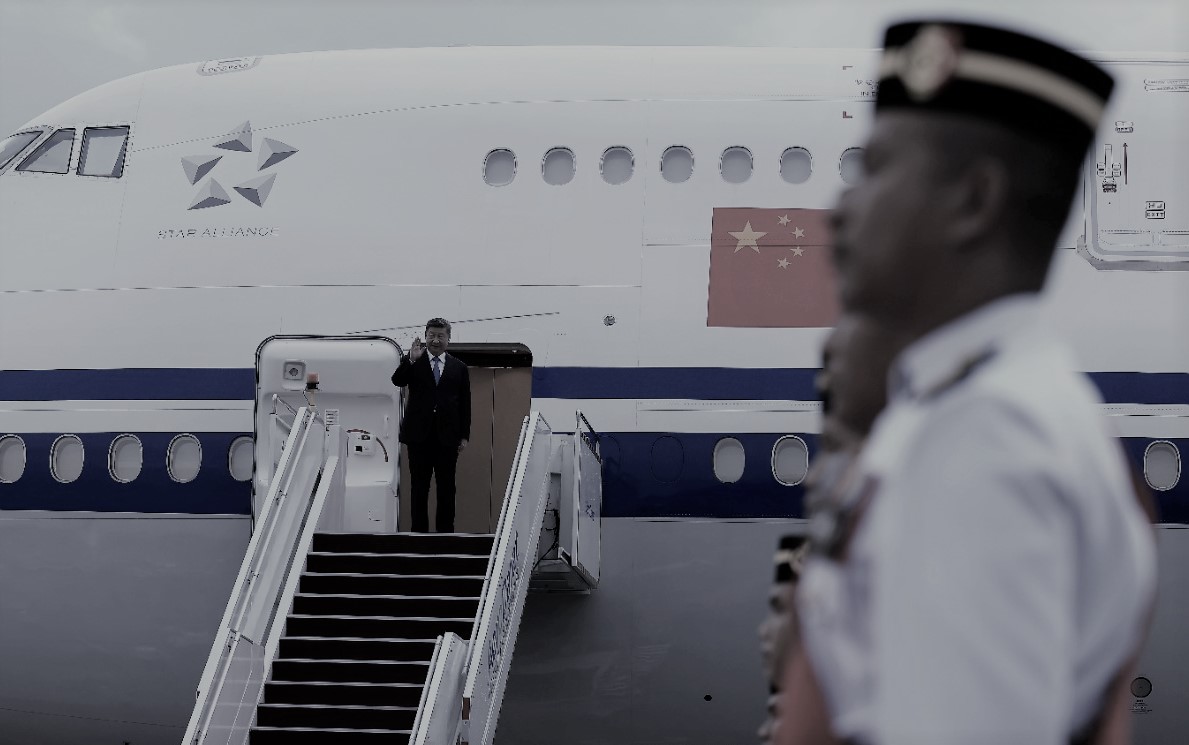PHNOM PENH, August 25 — In a move sending ripples of concern across the globe, Cambodian lawmakers have unanimously passed controversial legislation that would allow the government to strip individuals of their citizenship if they are found to be colluding with foreign entities.
All 120 members of Cambodia’s National Assembly, including Prime Minister Hun Manet, voted in favor of the bill — a decision that rights groups fear could silence critical voices and suppress dissent under the guise of national security.
“This is a dark day for Cambodia,” said a spokesperson from a coalition of 50 rights organizations that issued a joint warning before the vote. “This law doesn’t just threaten political dissidents — it could impact every Cambodian who dares to speak out.”
For years, Cambodia’s leadership has been accused of using sweeping laws and vague charges to target opposition figures, human rights activists, and independent journalists. This new legislation is seen as yet another step in that direction.
Critics argue that the language of the law is dangerously broad. It allows for the revocation of citizenship based on loosely defined acts of “treason” or “disloyalty” — leaving too much room for interpretation and abuse.
“The government has many powers,” the coalition stated, “but deciding who is and isn’t a Cambodian should not be one of them — not without due process and clear safeguards.”
Justice Minister Koeut Rith defended the move, saying, “If you betray the nation, the nation will not keep you.” But to many, this response feels more like a warning than a reassurance.
While the bill must still pass through the Senate and receive approval from the head of state, both steps are largely considered procedural in Cambodia’s political system — where checks and balances are often bypassed.
Amnesty International has called the law a “heinous violation of international law,” warning that it is being introduced in a legal environment already lacking judicial independence and accountability.
Montse Ferrer, Amnesty’s regional research director, emphasized the urgency of the situation: “We are watching a government that has persecuted its opposition, silenced activists, and now may have the power to banish them altogether.”
Cambodia’s move follows a global trend where some countries use citizenship laws to punish dissent. However, experts point out that in most of the 15 European Union countries with similar laws, revocation typically applies only to naturalized citizens and under stringent conditions.
In contrast, Cambodia’s new law appears far more flexible — and far more dangerous to those who dare to disagree.




